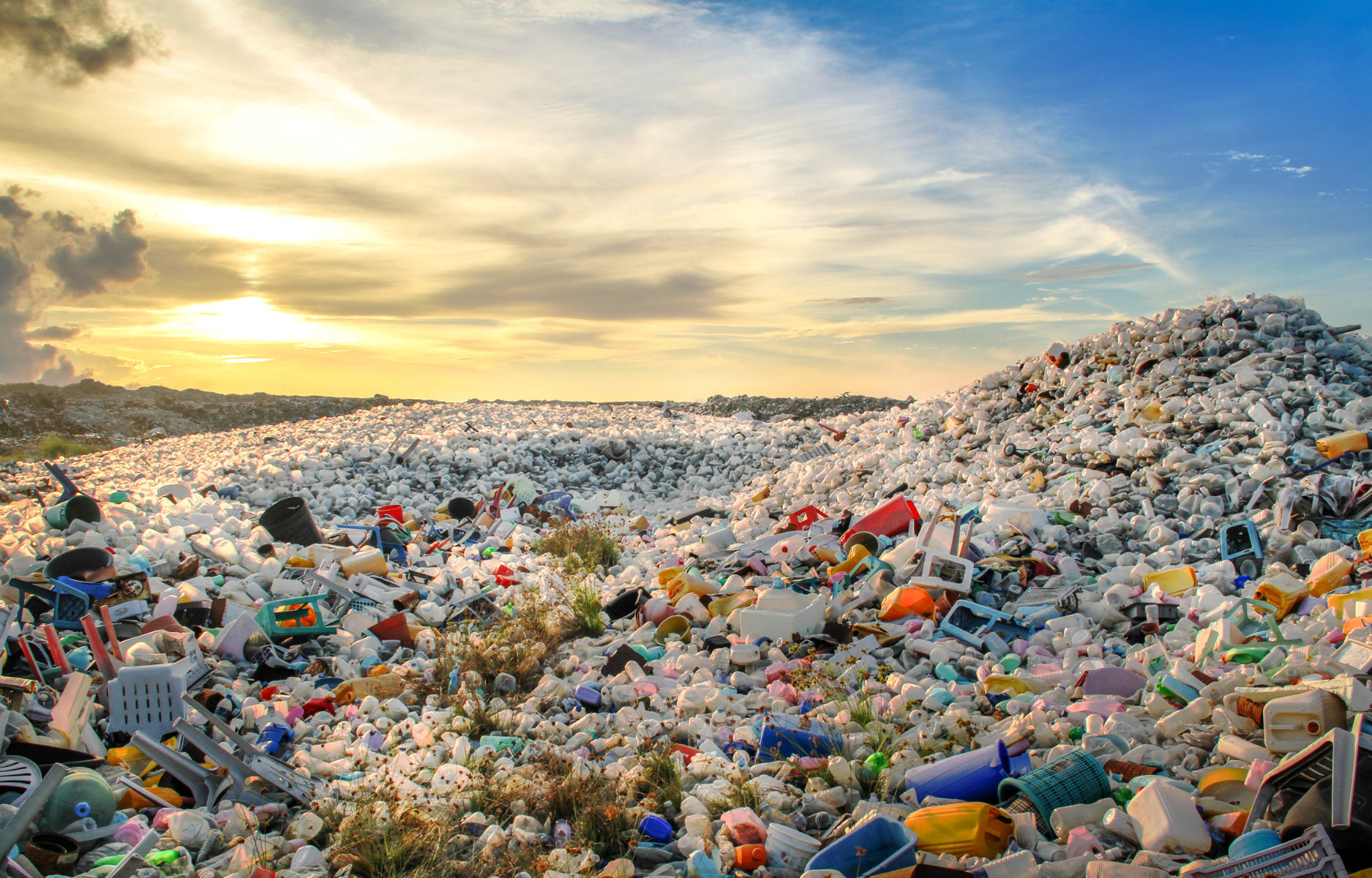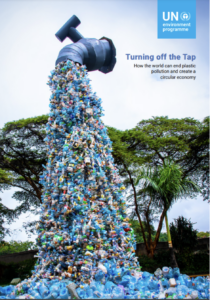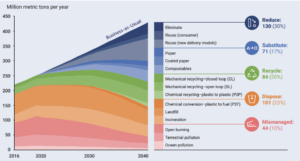Antaris’ take on the new UNEP report “Turning off the Tap: How the world can end plastic pollution and create a circular economy.”
Antaris spends a lot of time asking why. It’s partly curiosity and partly trying to instigate change. We especially encourage a lot of introspection and questioning why things are the way they are, why that design lives, why that material?, why is it not reusable, and why can’t we use less?
When it comes to plastics, it’s easy to see why it’s so popular as it is cheap, light and strong. Unfortunately, overproduction and mismanagement mean plastic waste is everywhere, in our waters, in our lands, and even in our bloodstream.
The future appears discouraging. Plastic waste is set to double over the next couple of decades and strong action from governments, producers, and users is required to stem its flow.
But we still have a chance to make things right. A new EU report shows the systemic transformation that is required to end the ever-increasing production of plastic waste. In line with the circular economy, we need to reduce plastic use and ensure that whatever plastic is used can be reused as much as possible, for as long as possible and then can be recycled at the end of its life. Where this is not feasible, we need to find alternatives.
We can generate significant social and economic benefits by avoiding plastic waste if we collectively:
- rethink and redesign products;
- reuse, recycle, reorient and diversify markets; and
- address the demand for durable plastics.
We often talk about collaboration as one of the 6 principles of implementing the circular economy. We cannot achieve this monumental change unless governments, regulators, petrochemical producers, packaging producers, processors, consumers, and waste managers all work together and play their part.
The report details how we could reduce plastic waste by 80% over the next 20 years by reducing, substituting, and recycling.
The systems change scenario for reducing the projected increase in plastic shown above is technically feasible within existing technologies and is economically and socially viable (ensuring human rights for all and gender equality). It also creates co-benefits for climate, health, jobs, and the economy. However, it requires global, immediate, ambitious actions and solutions to be implemented all along the plastics value chain.
Conclusion
Action on climate, action on plastics, action on biodiversity, action on social issues, there is so much to be done. It’s tough to trace a sustainability path, and even harder to be confident you are prioritising the right things while maintaining profitability. At Antaris, we are happy to work with you and share our expertise and genuine commitment to working on the imperative of sustainability one day at a time.
Sources
- https://www.sciencedirect.com/science/article/pii/S0160412022001258
- See BSI 8001 (2017)











